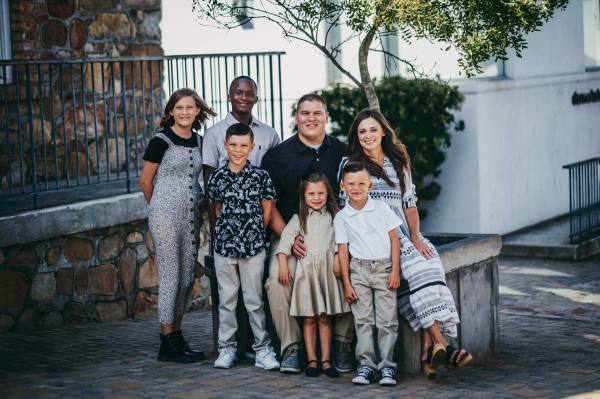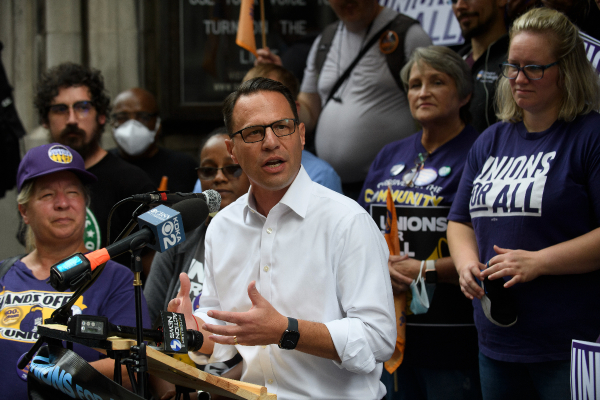Abortion: Protecting the Unborn in a 'Throwaway Culture'

What a sight!
Over 25 times from the top of Capitol Hill in Washington, D.C., I have seen a sea of people marching to proclaim the dignity of unborn human life, and how death-dealing abortion sends the unholy message that some human beings are disposable.
And as I write, I plan to march with and view that sea of people once again, during the 42nd annual "March for Life" on Jan. 22. It's always a moral and spiritual shot-in-the-arm for me.
But good as they are, the Washington "March for Life" and the "Walk for Life West Coast" in San Francisco (on Jan. 24), as well as dozens of similar events at state capitols throughout the U.S., are simply not enough.
While significant progress has been made to lessen the number of abortions, nonetheless, according to the National Right to Life Committee approximately 1 million unborn brothers and sisters are brutally dismembered by abortion each year.
And globally, according to the pro-abortion Guttmacher Institute, over 40 million unborn babies are killed annually by abortion.
Throughout the entire year believers in the God of life need to pray, educate, peacefully protest, donate and lobby on behalf of the unborn. They can't do it for themselves.
Therefore, please email and call your two U.S. senators (Capitol switchboard: 202-224-3121) urging them to cosponsor and actively support the "Pain-Capable Unborn Child Protection Act" which would ban most abortions after 20 weeks of unborn life.
There is solid medical evidence that unborn babies feel pain by at least 20 weeks after fertilization (www.nrlc.org/abortion/fetalpain). And abortion is brutally painful.
According to the National Right to Life Committee (NRLC), the abortion technique known as "dilation and evacuation," used to abort unborn children up to 24 weeks, uses forceps with sharp metal jaws to grasp parts of the developing baby, which are then twisted and torn away.
Another abortion technique after 16 weeks of pregnancy known as "saline amniocentesis," inserts a needle through the mother's abdomen and withdraws a cup of amniotic fluid and replaces it with a powerful salt solution.
According to the NRLC, the baby swallows the salt solution and is poisoned. Additionally, the chemical solution causes painful burning and deterioration of the baby's skin (www.nrlc.org/abortion/medicalfacts/techniques).
In a Sept. 20, 2013 address to a gathering of Catholic gynecologists, Pope Francis affirmed the sacredness of unborn human life, and connected it to the work of social justice.
He said, "In all its phases and at every age, human life is always sacred and always of quality."
The Holy Father said abortion is a product of a "widespread mentality of profit, the 'throwaway culture,' which today enslaves the hearts and intelligences of so many."
This mindset he added "requires eliminating human beings, especially if physically or socially weaker. Our answer to this mentality is a decisive and unhesitant 'yes' to life."
Taking a consistent ethic of life position, the pope linked together unborn babies, the aged and the poor as among the most vulnerable human beings whom Christians are called to especially love.
"Things have a price and are saleable, but persons have a dignity, they are worth more than things and they have no price. Because of this, attention to human life in its totality has become in recent times a real and proper priority of the Magisterium of the Church, particularly for life which is largely defenseless, namely, that of the disabled, the sick, the unborn, children, the elderly. …
"They cannot be discarded"!






















